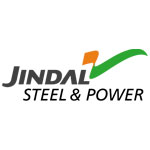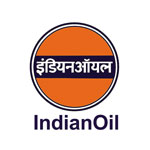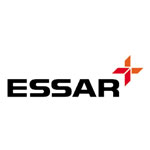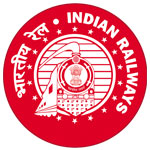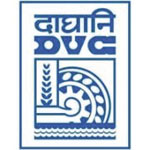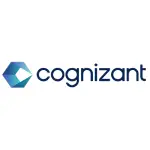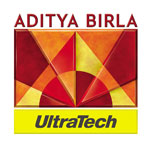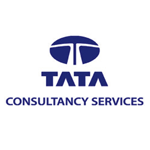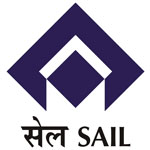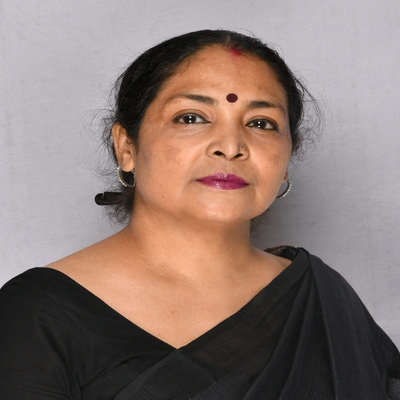- Home
- About Us
- Courses
- NSHM Business School
- BBA (Bachelor of Business Administration)
- BBA – Hospital Management
- BBA – Global Business
- BBA – Sports Management
- BBA – Accountancy, Taxation & Auditing
- BBA – Accountancy, Taxation and Auditing + BSE Certification
- BBA – Banking & Financial Services
- MBA (Master of Business Administration)
- Executive MBA
- MHA (Master of Hospital Administration)
- NSHM Institute of Health Sciences
- Bachelor of Pharmacy
- Bachelor of Pharmacy (Lateral)
- Bachelor of Optometry
- B.Sc. – Psychology
- B.Sc. – Dietetics and Nutrition
- B.Sc. – Medical Lab Technology
- B.Sc. – Radiology & Medical Imaging Technology
- B.Sc. – Critical Care Technology
- B.Sc. – Yoga
- Master of Optometry
- Master of Optometry (BL)
- Master of Pharmacy – Pharmacology
- Master of Pharmacy – Pharmaceutics
- Master of Public Health
- Master of Public Health (BL)
- M.Sc. – Clinical Psychology
- M.Sc. – Dietetics and Nutrition
- M.Sc. – Medical Lab Technology
- M.Sc. – Radiology & Imaging Technology
- M.Sc. – Yoga
- M.Sc. – Yoga (BL)
- NSHM Design School
- NSHM Institute of Computing & Analytics
- NSHM Institute of Engineering & Technology
- B. Tech. – Mechanical Engineering
- B. Tech. – Mechanical Engineering (Lateral)
- B. Tech. in Civil Engineering
- B. Tech. – Civil Engineering (Lateral)
- B. Tech. – Computer Science Engineering
- B. Tech. – Computer Science Engineering (Lateral)
- B. Tech. – Electronics & Communication Engineering
- B. Tech. – Electronics & Communication Engineering (Lateral)
- B. Tech. – Artificial Intelligence and Machine Learning
- B. Tech. – Artificial Intelligence and Machine Learning (Lateral)
- B. Tech. – Electrical Engineering
- B. Tech. – Electrical Engineering (Lateral)
- B. Tech. – Data Science
- B. Tech. – Data Science (Lateral)
- NSHM Institute of Hotel & Tourism Management
- BBA – Aviation Hospitality Services and Management
- BBA – Travel & Tourism Management
- B.Sc. – Culinary Science
- Bachelor of Hotel Management & Catering Technology
- B.Sc. – Hospitality & Hotel Administration
- Master of Tourism & Travel Management
- Master of Tourism & Travel Management (BL)
- M.Sc. – Hospitality Management
- M.Sc. – Hospitality Management (BL)
- NSHM Institute of Nursing
- NSHM Media School
- NSHM Institute of Pharmaceutical Technology
- NSHM Business School
- Schools & Campuses
- Beyond Academics
- Admissions
- News & Events
- Contact Us
Overview
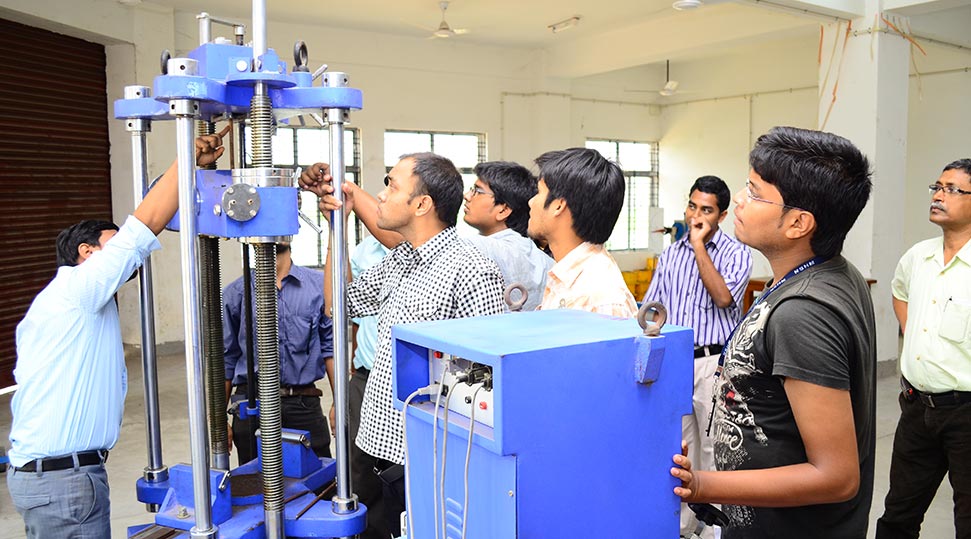
Computer Science & Engineering (CSE) is the systematic study of the theoretical foundations of information and computation and of practical techniques for their implementation and application in computer systems. Students who have a knack for programming and coding can do software engineering and those who prefer networking and system administration, can do hardware engineering.
Computer scientists invent algorithmic processes that create, describe and transform information and formulate suitable abstractions to model complex systems. Apart from teaching core subjects, the department regularly conducts workshops, training programmes and conferences to provide best technical skills and software engineering ethics. It also promotes active industry-institute collaboration by identifying areas of interest that are beneficial for students. In this technology-driven era, students can pursue successful careers with a degree in Computer Science Engineering and attract handsome salary right after finishing study.
Programme Education Objective
- Prepare the students on the basics of engineering, computer science, problem-solving, computing environment, Data structure & Algorithms, C, Python, Shell, NLP, AI/ML, Operating Systems, Architecture, hardware and software engineering, Image processing, Networking, Security, etc. for superior careers in IT/ ICT and all other industries and services at the global level.
- Enable them to advance their learning on a continuous basis as per the changing and emerging demands/disruptions and will be able to engineer meaningful solutions to complex problems in an ethical and just manner, as part of a team, or entrepreneur, or as a Technology leader in national and international organizations.
Career Opportunities
IT sector in India in booming right now and that presents exponential scope for computer science graduates in India. According to NASSCOM, the Indian IT domestic sector will account for US$ 50 billion in terms of earnings and a huge quantum of profit is expected from the export and domestic IT sector which would be worth US$ 225 billion. Here are some roles offered after the completion of CSE:
- Web developer and designer
- computer analyst.
- database management system engineer
- QA engineer (tester)
- Blockchain Developer/Engineer
- Software Developer
- Computer Network Architect
- Database Administrator
- Information Security Analyst
Programme Structure
Core Curriculum
Programming for Problem Solving
Programming Fundamentals
Program structure, algorithms, flowcharts, programming system, complier, interpreter, programming with C and Python, applications in problem solving
Object Oriented Programming
“Software design around data, attributes and behaviour, OOPS, object-oriented programming in Java: defining classes, invoking methods, libraries, etc., encapsulation, abstraction, inheritance, and polymorphism
“
Shell Programming
Shell types – Bourne, C Shell, Korn Schell , Shell programming and scripting in UNIX/LINUX/Windows
Data Algorithm
Data Structure & Algorithm
computational efficiency of the principal algorithms – sorting, searching, hashing, Identify appropriate data structure & algorithmic methods
Design & Analysis of Algorithms
Analyze the asymptotic performance of algorithms, Synthesize efficient algorithms in common engineering design situations
Data Base Management
Analyze database requirements, determine relationships of entities, logical design of the database, DBMS/RDBMS and big data modeling and management.
Design & Architecture
Computer Architecture and Organization
structure, function and characteristics of computer systems, architecture design, RISC and CISC, components of computers design, controls, central processing, interfaces, etc.
Software Engineering
Traditional, Agile and Lean project management, Automata, software development lifecycle – Waterfall, Rapid Application Development, Extreme Programming, Iterative development – portability, scalability, maintainability
Network Security
Operating System
components of a computer operating system, interactions, scheduling, deadlocks, memory management, synchronization, system calls, and file systems.
Computer Networks
data communication, computer networks, communication protocols be exposed to the TCP/IP protocol suite and OSI
Cryptography & Network Security
Fundamentals of cryptography, Network security, Applied mathematics, secure a message over insecure channel, Confidentiality, Integrity and ‘anytime-anywhere’ safe-access to data.
Cyber law & Ethics
Critical understanding Cyber Law, Competencies for dealing with frauds and deceptions (Confidence Tricks, Scams), other Cyber crimes etc..
Computer Applications
Image Processing
Image fundamentals, mathematical transforms for image processing and enhancement techniques.
Cloud Computing
foundations of the Cloud Computing, Cloud network topology, Client-Server cloud technology, Cloud computing in their real life scenarios.
Artificial Intelligence
artificial intelligence (AI) principles and approaches, building blocks of AI intelligent agents: Search, Knowledge representation, inference, logic, and learning, AI/ML applications with business and scientific data
Speech & Natural Language Processing
concepts of morphology, syntax, semantics and pragmatics of the language, speech recognition, computational linguistics, machine learning, NLP using python
Ecommerce & ERP
Fundamentals of e-Com, m-Com systems, supply chain, logistics, intra/extranet resources management, data and decision systems
Fee Structure
Fee Structure as per latest Govt notification 466-Edn-(T)/10M-04/2004(Part IV) dated 16.10.2023
| Sem 3 | Sem 4 | Sem 5 | Sem 6 | Sem 7 | Sem 8 | TOTAL | |
| AY 23-24 | AY 24-25 | AY 25-26 | AY 23-26 | ||||
| Admission Fee(One-Time) | 10000 | ||||||
| Tuition Fee | 55000 | 55000 | 55000 | 55000 | 55000 | 55000 | |
| Development Fee | 8250 | 8250 | 8250 | 8250 | 8250 | 8250 | |
| Lib-cum-Book-Bank Fee | 4500 | 0 | 0 | 0 | 0 | 0 | |
| Student Welfare, Sports & Games Fee | 500 | 500 | 500 | 500 | 500 | 500 | |
| Alumni Membership Fee | 0 | 0 | 0 | 0 | 0 | 5000 | |
Total fee excluding University charges |
78250
|
63750 |
63750 |
63750 |
63750 |
68750 |
402000
|
Programme Type - UG
Duration - 3 years
Minimum Eligibility - Entry Requirements:
10+2 passed in Science stream. Qualifying entry requirement: WBJEE and JEE (main). Admission to second year of B. Tech programme (Lateral Entry) is based on qualifying JELET.
Degree Awarded By -







